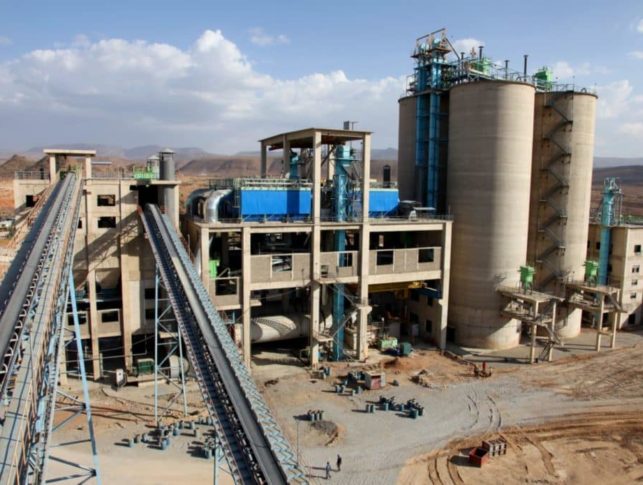Ethiopia, a country of about 90 million people, covers just 1,127,127km2—less than 10% of the territory of China. Despite its comparably tiny size, Ethiopia is proving to be a massively important resource for China’s demand for essential minerals necessary in its insatiable demand for technological goods.
Some experts, British-born Ethiopia specialist Richard Pankhurst, believe that trade between the two countries could date back more than 1400 years. Though China’s demand on Ethiopia has evolved from exotic animals and jewelry to minerals and leather, their trade partnership has an unbroken past.
China’s main interests in Ethiopia are two-fold: China needs the precious minerals found in Ethiopia in order to feed its monstrous manufacturing industry, and it depends upon Ethiopia’s need for these manufactured goods to maintain strong relations. Upon closer examination, however, it appears that China may have the lion’s share of the benefits—China exports Chinese citizens to work in Chinese companies to extract and manufacture goods to export for Chinese consumption.
Trade between China and Ethiopia in Numbers
In just 10 years, trade between Ethiopia and China grew more than 20 times—to a reported $1.376 billion in 2010. Chinese Minister of Commerce, Chen Deming, said that “China is ready to increase its assistance and increase its preferential loans to promote cooperation in the field of transportation, electricity, telecom and help Ethiopia improve its economy” if trade continues to flourish. More specifically, the minister said China plans to increase the volume of trade with Ethiopia to US $ 3 billion by 2015.
Ethiopia became one of the first countries to benefit from the Chinese action plan, in which Beijing has identified eight key areas that will be part of the global aid operation set up by this country to for the African continent. The targeted sectors include agriculture, clean energy, health, debt relief and increased investment across Africa.
Refusal to Integrate
One of the many criticisms of China’s aggressive, continent-wide development initiatives is the complete lack of Chinese integration into African life. There may be one million Chinese citizens living and working in Africa, but they live in company-owned compounds where they eat Chinese food imported from China, are treated by Chinese doctors and only emerge from their “safe havens” for work at their Chinese companies.
This shows how China’s interest may lie more heavily on extraction and importation than on actual development of Africa (1). Some point to the deaths of nine Chinese workers on an oil exploration platform in 2007 as the basis for this xenophobic behavior, although considering that Chinese deaths made up less than 10% of the total number killed by Ethiopian rebels, this seems a thinly veiled attempt to excuse what could be considered neo-colonialism. Anti-Chinese protests have taken place in Zambia in response to the refusal of Chinese workers to make any attempt to embrace local culture or language—it is reasonable that locals would be offended by this huge refusal to make any semblance of assimilation into their new host culture.
Furthermore, the importation of Chinese labor that does nothing to build the capacity of local Africans speaks volumes about China’s motives. Were they truly interested in developing Africa as a trade partner, they would spend time and money training locals, who have an understanding of the socio-economic climate that would greatly benefit trade or manufacturing companies, in their respective field so that Chinese nationals would no longer need to live and work in a place where they so clearly feel uncomfortable.
Opening Arms for Trade Beyond Goods
Investment and development should not end with the ribbon cutting ceremony, but should extend to a long-term, skill sharing partnership between partners. Ethiopia could greatly benefit from the advanced, highly-technical knowledge Chinese workers possess, just as Chinese workers could benefit from making even a small attempt to learn about local culture and customs.
Despite the prickly ethical edges, economic collaboration between China and Ethiopia has been beneficial for the importation and creation of infrastructure, including improved employment opportunities working in Chinese companies or compounds.




